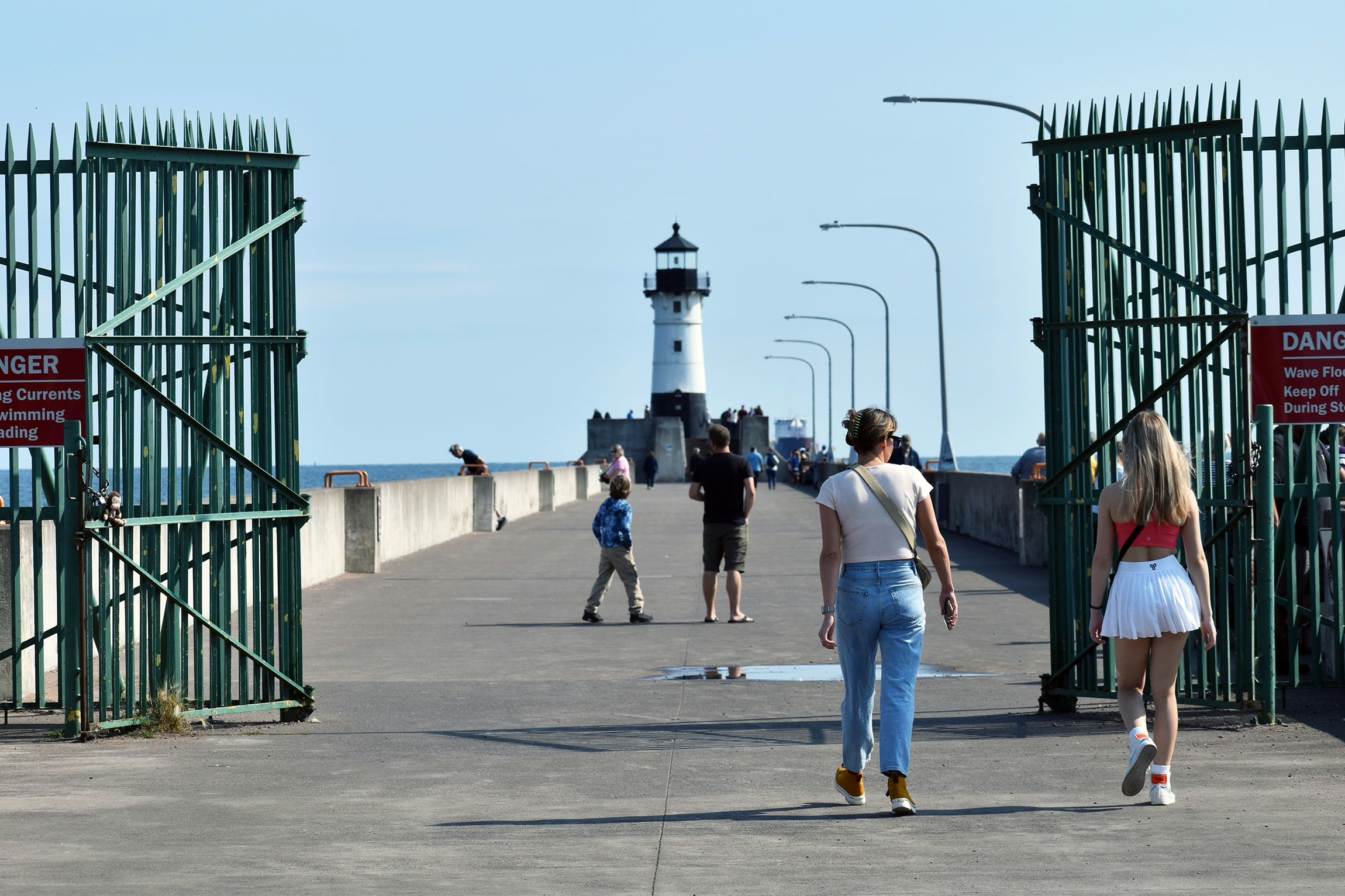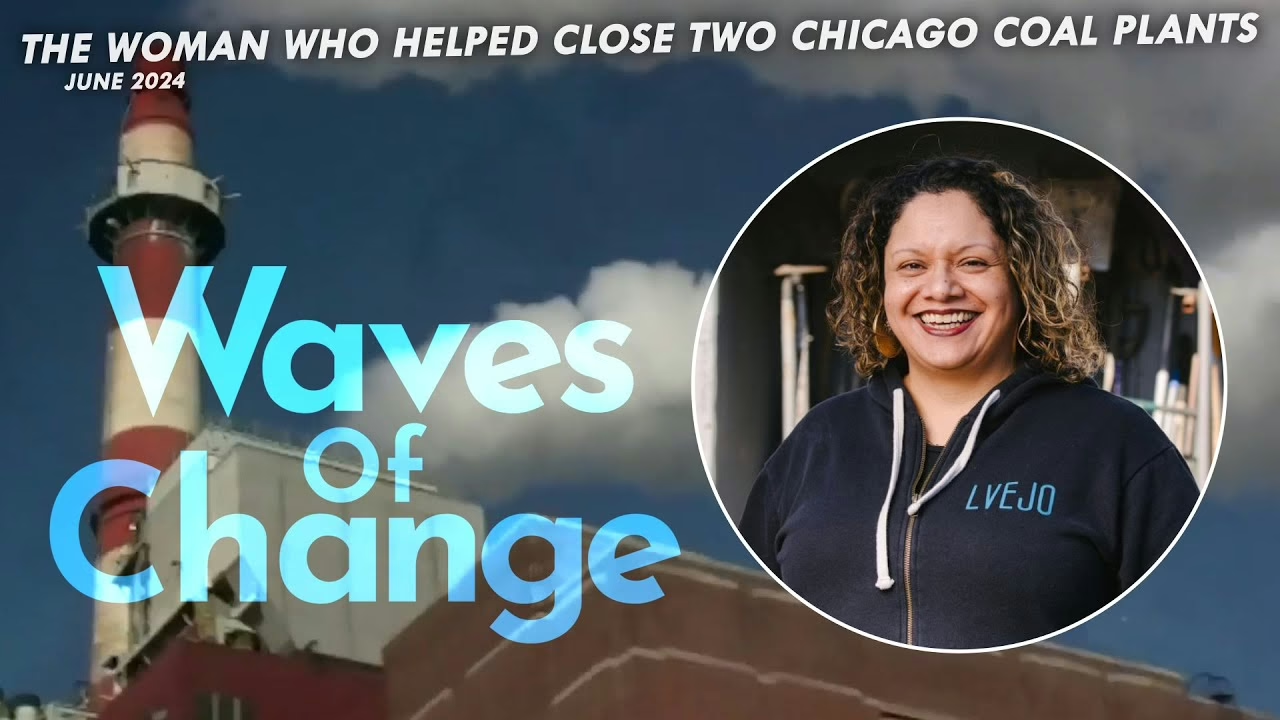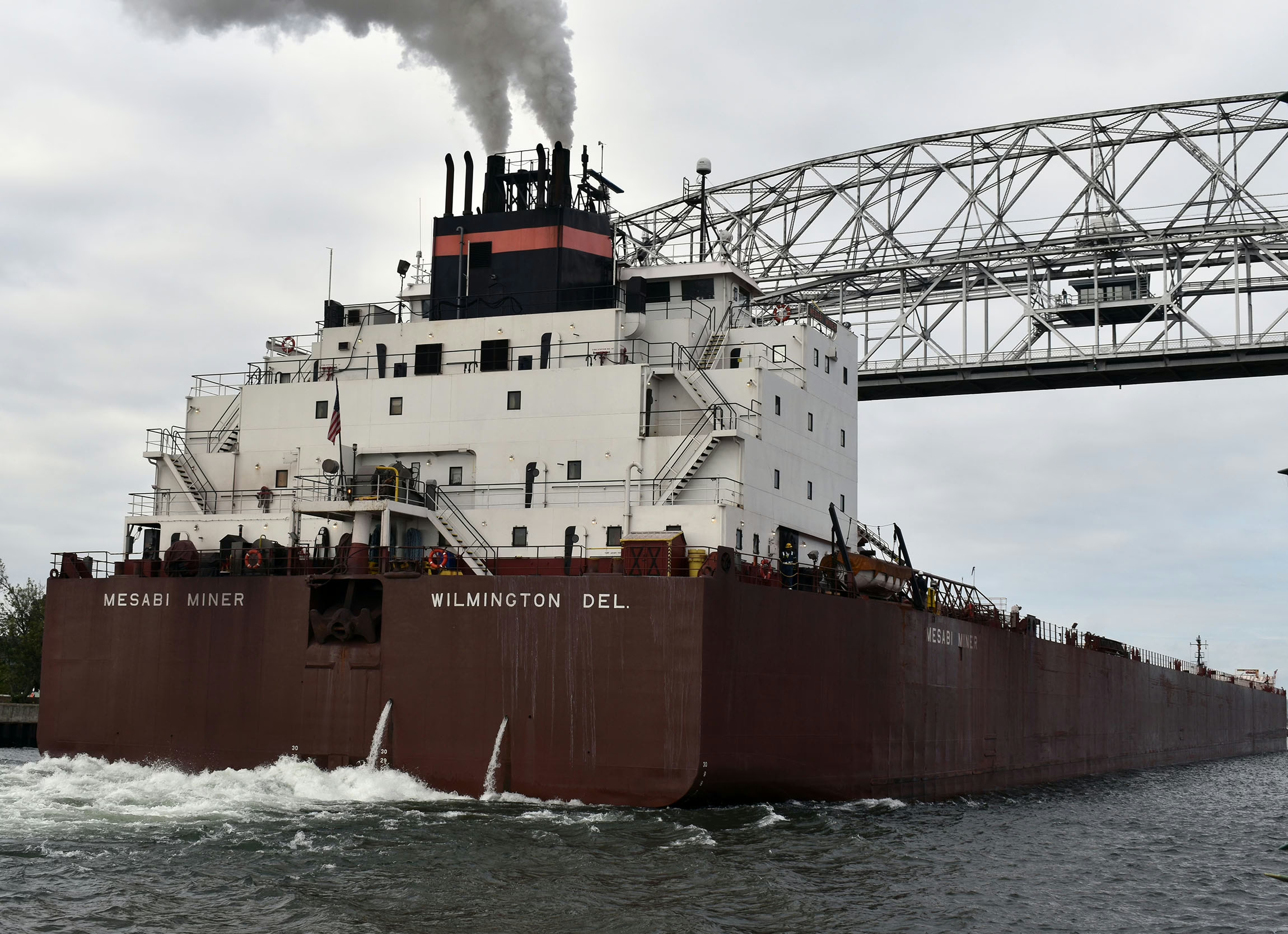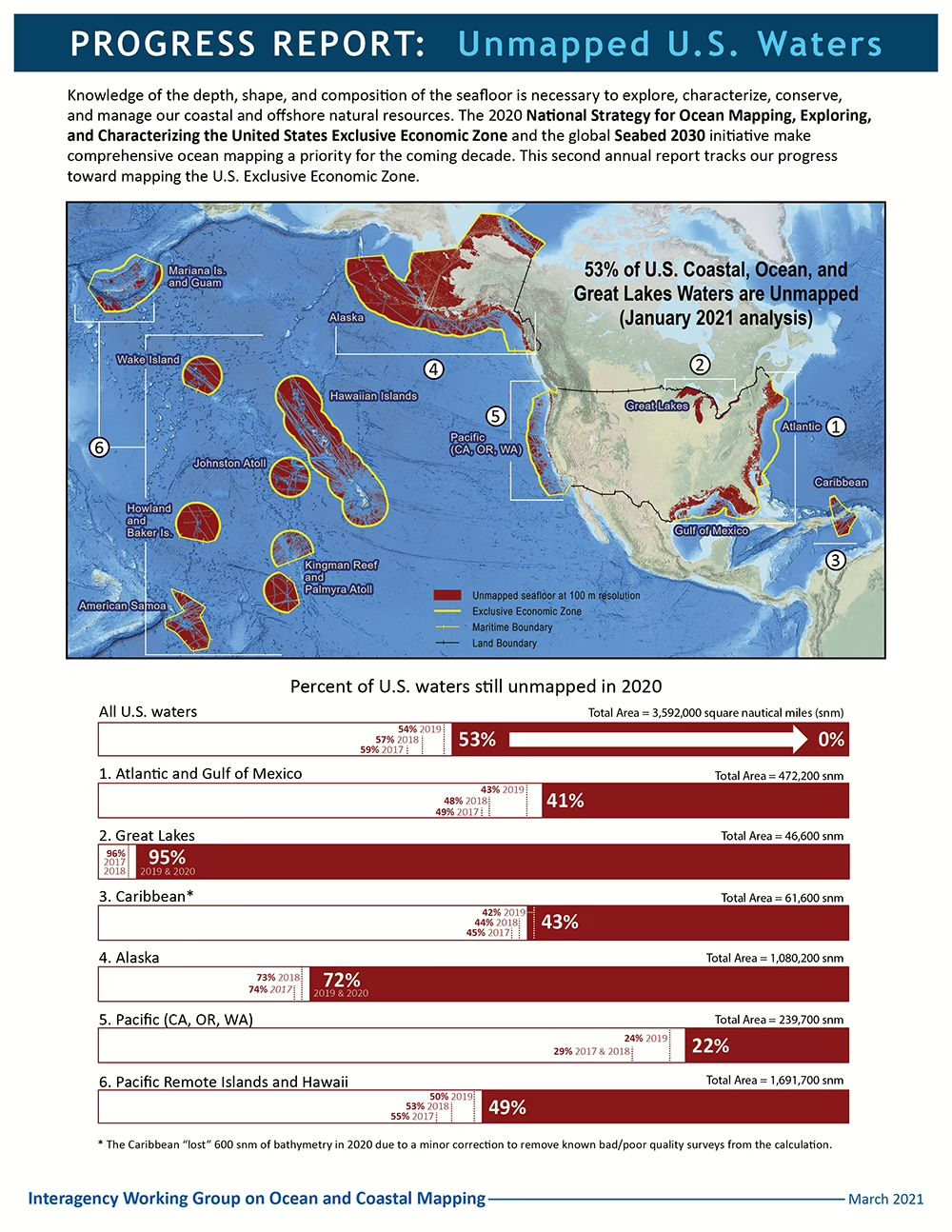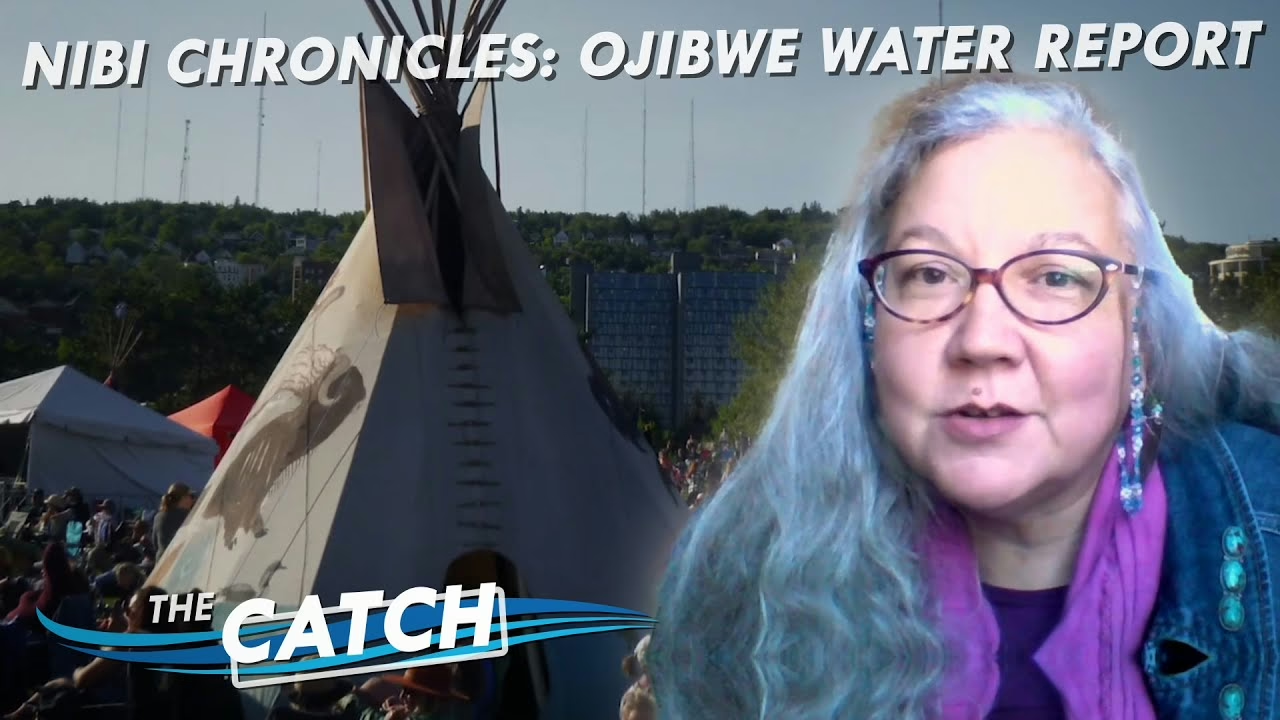Tag: Wisconsin
Port director looks back, advises successor, on winds of trade and politic
Next week, the shipping season concludes at the Port of Duluth and Superior, and with it, the impending retirement of the facility’s executive director, Deb DeLuca, who reflects on her […]
Energy transition sees small wins, major uncertainty in the Upper Midwest
Catch the latest energy news from around the Great Lakes region. Check back for these biweekly Energy News Roundups.
Chicago’s commitment to using 100% renewable energy at city-owned buildings went into effect Jan.
Tesla Supercharging Amenities Really Need to Be Better — Great Example
Also: You Can’t Rely on NACS Superchargers for Cross-Country Travel in Compatible Non-Tesla EVs If you live in northern Wisconsin, you see the “massive” brand-new Quick Trip gas stations/convenience stores everywhere. They are places where you can buy a soft drink, a gallon of milk, and/or a hot meal etc., … [continued]
The post Tesla Supercharging Amenities Really Need to Be Better — Great Example appeared first on CleanTechnica.
How the robin became the state bird (and why not everyone is on board)
Let’s settle this once and for all. What bird best represents Michigan? Vote throughout January in IPR’s State Bird CAWcus.
IPR’s ‘State Bird CAWcus’
Should the robin be unseated as Michigan’s state bird? IPR’s State Bird CAWcus wants to hear what you think! Make your case and vote for a winner throughout January.
Cargo tonnage lagging at Great Lakes ports as shipping season nears its end
The amount of cargo moving through ports on the Great Lakes is trailing behind shipments at the same time last year as the shipping season nears its end. Read the […]
Tesla Supercharging: The New (NACS) Era
I’ve driven my Tesla Model 3 for over 5 years now. I’ve made over 10 cross-country trips, including the 3000-mile round trip from northern Utah to northern Wisconsin 5 times, a 2000-mile detour to Charlotte, North Carolina (East Coast), and an 800-mile round trip from northern Utah to Palm Springs … [continued]
The post Tesla Supercharging: The New (NACS) Era appeared first on CleanTechnica.
As climate change threats loom, Great Lakes mapping effort supports resilience
A mapping initiative dubbed Lakebed 2030 supports ongoing efforts to make the Great Lakes region more resilient to climate change. The project is working to identify areas prone to erosion, […]
The Right to Consciousness
Picasso’s Guernica bursts forth in a jumble of body parts, animals crying out in pain and heavy layers of historical context, created to tell the story of a physical battle. The original oil painting is 11.5 feet tall by 25.5 feet long and can be seen in person at the Reina Sofía Museum, Spain’s national modern and contemporary art center in Madrid.
Walleye Numbers are Down in Lake Erie
Ohio Division of Wildlife (ODW) officials have released their 2024 trawl survey indexes for Lake Erie’s two most-sought sportfish: yellow perch and walleye. This year’s results bring an end to a streak of wildly successful hatches for walleye. For yellow perch two of Ohio’s three management zones were above average, with the third zone down by 70% over last year.
